Living in Vietnam Costs & Expat Life
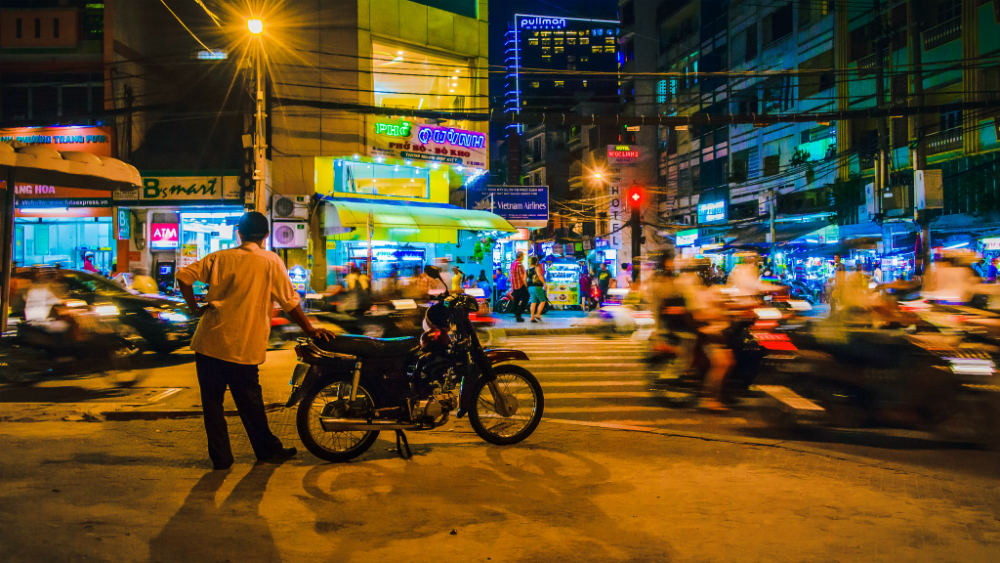
Thinking of moving to Vietnam? Andrew Miles from meman mevegan travelled Vietnam extensively and has lived in Vietnam’s capital city of Hanoi for a year and a half working as a teacher.
In this guide to living in Vietnam, Andy shares the pros and cons of living in Vietnam, the cost of living and what life as an expat in Vietnam is really like.
Vietnam has been a popular budget backpacking destination thanks to its jaw-dropping countryside, bustling cities, tasty food, the wonders of Ha Long Bay and, of course, it’s affordability. Many young people and business expats flock to Vietnam each year and call one of its big cities ‘home.’
Depending on where you live in Vietnam, life an expat can vary. Teaching jobs are widely available in the big cities, especially in Hanoi. Ho Chi Minh City has a buzzing entrepreneur and digital nomad scene. Smaller towns offer a more tranquil existence for those looking to retire or teach outside of the cities.
Wherever you move to in Vietnam, there are some key benefits of living in Vietnam that are consistent across the country. You can expect:
- Work opportunities and a good salary
- Cheap living costs
- Flexible working hours
- Delicious food
- Expats from all over the world and lots of social activities
- Safe from any violent crime
- Day-trips to some incredible nature spots
- New cultural experiences
- A completely different perspective on how to live
If you are looking to live somewhere that’s a change of scene from home, then Vietnam is a great choice. This country will challenge the way you think about almost everything. For those willing to take the plunge, I can tell you from experience that living in Vietnam is a great opportunity!
Vietnam Cost of Living
My monthly living cost in Hanoi was $800-$1000 a month. If you are frugal, you could easily get away with $500-600 a month. This is great for saving if you are bringing home a Western salary.
- Rent — I lived like a king in a huge two bed apartment in one of the nicer expat areas called Tay Ho, which sits on the huge lake just outside of the main city. My rent was $220 a month living with 3 other people (2 couples). You can get much cheaper places if you don’t mind living in the hustle and bustle of the city.
- Bills — Electricity, water, gas and internet are all cheap and you won’t pay more than 1,000,000 VND ($45/£40) a month.
- Food — An average Vietnamese meal out will cost you around 50,000 VND ($2/£1.65). A western meal around 200,000 VND ($8.50/£6.50) depending on what you eat.
- Alcohol — Local beer is around 25,000 VND ($1/£0.82) a bottle. If you drink at a ‘Bia Hoi’ vendor on the street it will cost you around 7,000 VND ($0.30/£0.25) a glass straight from the barrel! Wine is available but it’s pretty pricey if you want stuff from overseas. Vietnamese wine from Da Lat is far cheaper but not the best quality.
- Coffee —A local Vietnamese coffee will cost you about 20,000 VND ($0.86/£0.65). An americano/cappuccino in a cafe will be around 50,000 VND ($2/£1.64).
Vietnam Cost of Living Breakdown
| Rent – Budget | $50-100p/m | £38-76p/m |
| Rent – Good standard | $150-500p/m | £115-380p/m |
| Rent – Luxury | $500+p/m | £380+p/m |
| Bills – Water, Electricity, Gas and Internet | $45-60p/m | £34-46p/m |
| Average Teacher Salary (with basic qualifications) | $1200-2500p/m | £915-1910p/m |
| Average Teacher Salary (with teacher degree) | $2000-4000p/m | £1530-3050p/m |
| Average Expat Salary (corporate) | $8600 p/m | £6570p/m |
| Monthly Spend (Frugal) | $500p/m | £380p/m |
| Monthly Spend (Normal) | $700-800p/m | £534-611p/m |
| Monthly Spend (Like a King) | $1000-1200p/m | £765-915p/m |
| Scooter/Motorbike Cost (to buy) | $150-800 | £115-612 |
| Weekly Food Shop (Food Market) | $20 | £15 |
| Weekly Food Shop (Supermarket) | $30-40 | £23-30 |
| Weekly Food Shop (Western/Organic) | $50-100 | £38-76 |
Best Cities for Expats in Vietnam
Choosing which city to live in really depends on the type of person you are. Choosing between Ho Chi Minh and Hanoi is the most common decision for most but you may consider Da Nang. If you are a corporate expat, most likely you won’t get a choice in the matter. If you are a teacher, you may have more freedom of choice where you are going to live, so you could think about some lesser known cities.
Hanoi
The capital is a much more traditional Vietnamese city than it’s rival in the South, Ho Chi Minh City. Hanoi is less built up than HCMC and feels much more spacious. The city is now becoming more modern with hundreds of cafes, bars, restaurants, clubs and festivals opening all the time. It’s even got a big vegan scene.
You find most expats hanging around the area Tay Ho by the big lake drinking coffee with friends, reading books and studying. Tay Ho is a far more relaxed area of Hanoi with a better quality of apartments to rent. You will find most expats live here and hang out around this area.
You will see young expats driving around motorbikes in their shorts and t-shirt. They jump from cafe to restaurant and then all head off to English schools at 4pm. Tay Ho can feel just like a Western city sometimes. If this isn’t your jam then you may want to look elsewhere.
The area of Ba Đình is an upcoming area just South of Tay Ho Lake. Over the last few years more and more apartments have become available and there has been an increase of cafes and restaurants. Ba Đình is suitable for those who want to be near the expat community but still have the experience of Vietnamese life.
If you are a corporate expat and have a family, you may also want to live in the Tay Ho area. If the big city isn’t for you then you could consider the Ecopark which is situated 18km outside of Hanoi. It is a special residential area for those looking to live in a more peaceful and less polluted area.
Hanoi offers a very relaxed experience with a good community of like minded people. It’s a fantastic city with lots of activities, meet-ups and workshops.
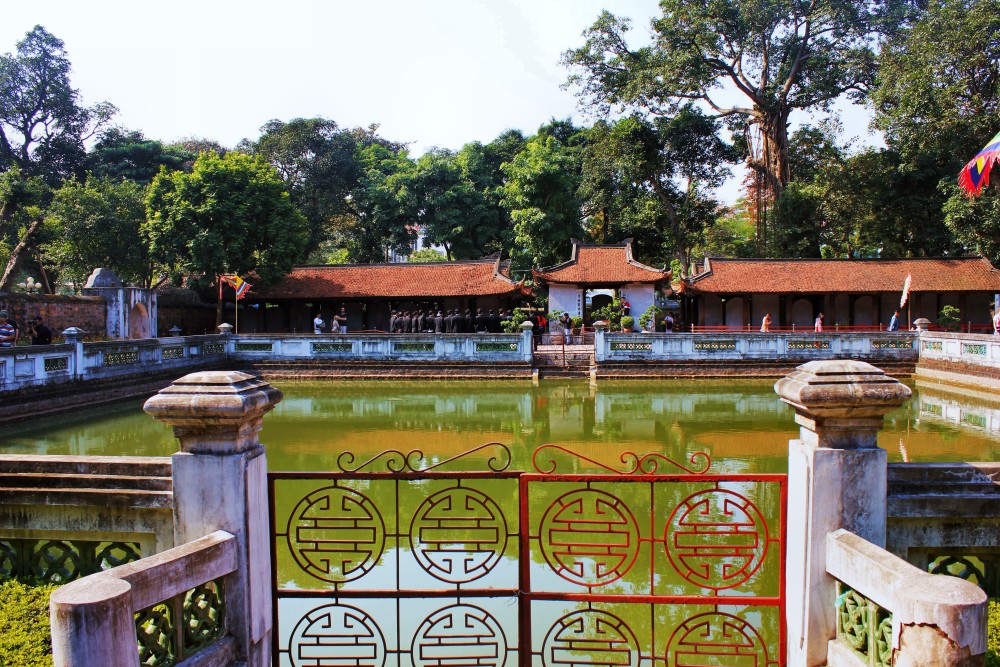
Ho Chi Minh
Formerly known as Saigon, this Vietnamese city is the most modern. It’s also the highest populated and the busiest. At first, when visiting you may be shocked at the sheer amount of people but it just takes some time to settle in. Famous for it’s chaotic but relaxed atmosphere you will find many benefits to living here. There are far more corporate expats here than young teachers as many big corporations have offices in HCMC. It’s also home to some of the best and cheapest street food in the country.
People are a lot more direct than people in the North. Sometimes people in the North can be too friendly saying ‘yes’ to anything you say, whereas in the South people tend to be more frank with you. This has its benefits and drawbacks. There is a much larger population of young people in HCMC. The tend to be creative and entrepreneurial folk and as a result this has created a hipster like social scene within the city.
Choosing where to live in HCMC is highly dependent on the location of your job. There are 24 districts and traffic can be heavy throughout them all. It’s important to live somewhere where you can have an easy drive to work. Spending 30-45 minutes in inner-city traffic is not fun.
You will find most expats in districts 1, 2 and 7. D1 is where most expats start off, D2 is a modern up and coming area and D7 is good for expats living with a family.

Photo by Anthony Tong Lee
Da Nang
This city is the perfect mix between city, beaches, forests and mountains. Da Nang city is separated in the middle, designating what is slowly becoming the ‘beach’ expat side and the ‘mountain’ local side. Both sides still give off a strong relaxation vibe with coffee shops everywhere, promenades and spaces for leisure.
The beach runs the length of the entire city all the way south to Hoi An where it becomes less built up. Da Nang is quickly developing into a tourist hub for Chinese and Koreans. Skyscrapers and hotels are going up all along the beach road at a rapid pace. However, it’s just a 2 minute drive to untouched parts of the beach.
The city also has close access to a gigantic national park. This provides access to hiking, waterfalls, camping spaces and motorbike trails. Even closer is the Son Tra peninsula. Here you can hike to a 1000 year old tree, see the lady Buddha and temples, or just go for a stunning drive along cliffs.
If you enjoy seafood you probably couldn’t find a better city to live in Vietnam. Due to the large traffic of holidaymakers the beaches are lined with seafood restaurants. There is also a thriving street food scene offering many Vietnamese foods you are unable to buy elsewhere in the country. There is also a chilled bar scene in the city with the odd nightclub or rooftop bar. You can’t move for cafes in this city!
Da Nang isn’t very big so there aren’t really hotspots to live. Most people just try to be as close to the beach as possible whilst avoiding construction sites. Living costs are generally cheaper here than the two big cities above.
Lifestyle
The beauty of Vietnam is you can have any type of lifestyle you want. There is a sense of freedom for expats in Vietnam because of the affordability of everything. You will find the post-uni people who party every night. Those who prefer a quieter life, you will find relaxing by the lake drinking coffee and reading. Many people choose to study online. Most teaching jobs average 18 hours a week so people have plenty of down time.
In the big cities, there is a community for everyone. My partner and I are both vegan and probably, to your surprise, Hanoi has a fantastic vegan scene that is gaining real momentum. Many people start Muay Thai fighting as there are many fighting schools around. I had a friend who started ballet classes, another who did Latin dancing and a guy that joined a heavy metal band! Some expats take up new hobbies like painting, playing musical instruments, learning new languages, pottery and even rock climbing. The list is endless.
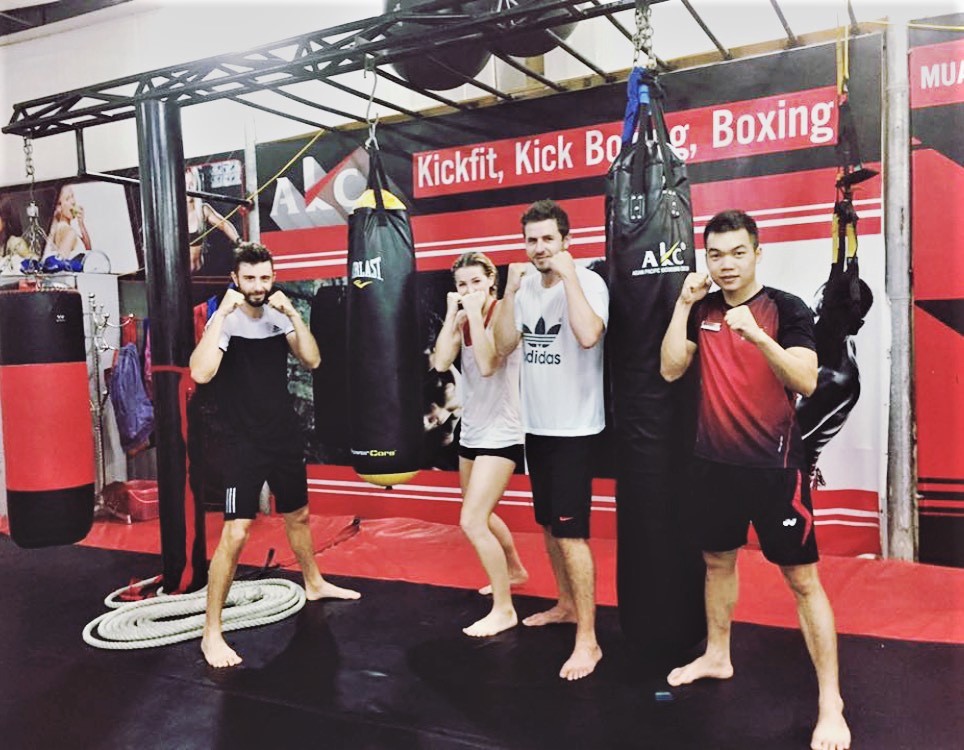
Me and some friends at our first Muay Thai training session
What type of people live in Vietnam?
Most people that live in Vietnam are young English teachers working in English language schools. There is a community of older expats as well who tend to work for the big corporations in the cities and are usually found living in the expat areas with their families. Head into the center of any big city and you will find a plethora of backpackers. This is great because you can go out any night of the week and find a party. You are guaranteed to meet new and interesting people each time.
If you want to meet other expats, it couldn’t be easier. You can hang around the expat areas or join the Facebook communities.
- Hanoi – Hanoi Massive
- Hanoi – Hanoi Beautiful (for female expats)
- Ho Chi Minh – Expats in Ho Chi Minh City
- Ho Chi Minh – Fexpats (for female expats)
What is the expat community like?
The expat community in Hanoi is fantastic. It’s easy to make friends and expats are sociable. There are nights in local clubs, pool parties around the city in summer, music festivals and interesting workshops.
If you like to party, then Hanoi is perfect. You will always find a bar or club that is lively everyday of the week. The expat community leans more towards the bar scene around the Tay Ho area. There is a curfew but very few bars adhere to it. You will at some point be dancing the night away when suddenly the lights go off. The bar pays off the police. 5 minutes later things reopen. It then stays open anywhere from 3am-6am depending where you are and the police of course.
Ho Chi Minh’s expat community is also varied. There is a sizeable teacher community just like in Hanoi. There are also many corporate expats such as engineers and business owners. HCMC is a huge and melting pot of different people. If you are outgoing you will be sure to meet many interesting characters hanging around. The city has lots to offer in terms of hobby groups, workshops, co-working spaces and social events also.
In Da Nang, expats are made up of a slightly older crowd. They are mostly from Australia, Canada, America and Eastern Europe and tend to live in the area for 2+ years. There is a rising number of digital nomads and teachers in the city. People are generally very friendly. There are frequent live music shows and bar openings.
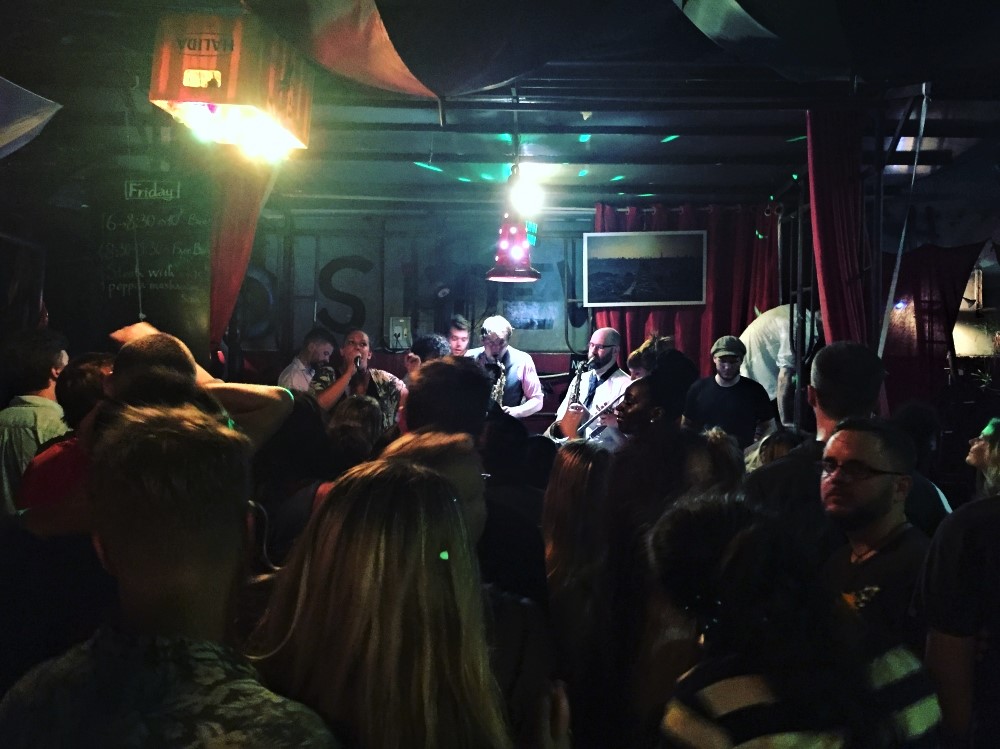
Pros and Cons of Living in Vietnam
| Pros | Cons |
| Very affordable | Western goods are expensive! |
| Great food | Whilst the food is great, it does get samey |
| Fresh markets | The food isn’t as clean or organic as back home. Meat is especially poor quality. |
| Great expat communities | There are some odd balls hanging around |
| Amazing vegan/plant-based scene | Western/vegan food can be pricey! |
| Great sub-culture communities | Communities can be quite clicky |
| High standard of living | Air pollution, water quality, traffic and petty corruption are issues |
| Cheap rent | Landlords can be unscrupulous at times |
| Cheap bills | Too much air conditioning will rinse your electricity bill if you’re not careful |
| Amazing internet and coverage | |
| Great money saving opportunity | Whilst everything seems affordable, there are so many temptations and it all adds up. |
| Friendly people | Exercise caution as you normally would, not everyone is friendly. Women take extra precaution walking streets and taking taxis. |
| Amazing places to visit all over the country | Tourists get ripped off at times |
It’s worth noting that the cons of living in Vietnam listed above are not enough to stop you from having a great living experience in the country. Most South-East Asian countries have the same issues and they shouldn’t put you off.
Living in Small Towns
Small towns are a great way to experience the ‘real’ Vietnamese lifestyle. The locals tend to speak very little English, the towns lack any Western amenities and you will be sure to have some unique experiences. The small towns are very basic. You may have a few places to eat, some cafes and a supermarket. There isn’t much else going on.
The people are far more interested in you as a foreigner. Do not be shocked if people run over to you asking for photos and inviting you over for tea. Life is much simpler in the small towns. You may have a few other expats to hang out with which, depending on your social preferences, might be a bonus.
Living in a small town can be much more peaceful than the cities. The pollution is likely to be less and life in general is more relaxed. You will have far more interaction with the Vietnamese people and it is a great chance to learn some of the language. It’s much easier to make friends with locals in the small towns too.
It’s worth noting there are some downsides to living in a small Vietnamese town. Everyday things like banking, fixing your bike and renting an apartment can be difficult. It may be useful to befriend a local who speaks good English at the very start to help you out.
Whilst at first the attention from locals is fun, the novelty soon wears off. Being constantly stared at and forced into conversations whilst out in public can become exhausting. The variety of food can also be an issue. Vietnamese food in small towns tends to be all very similar. You will only have a limited amount of choice at the supermarkets but it’s a great chance to improve your cooking skills!
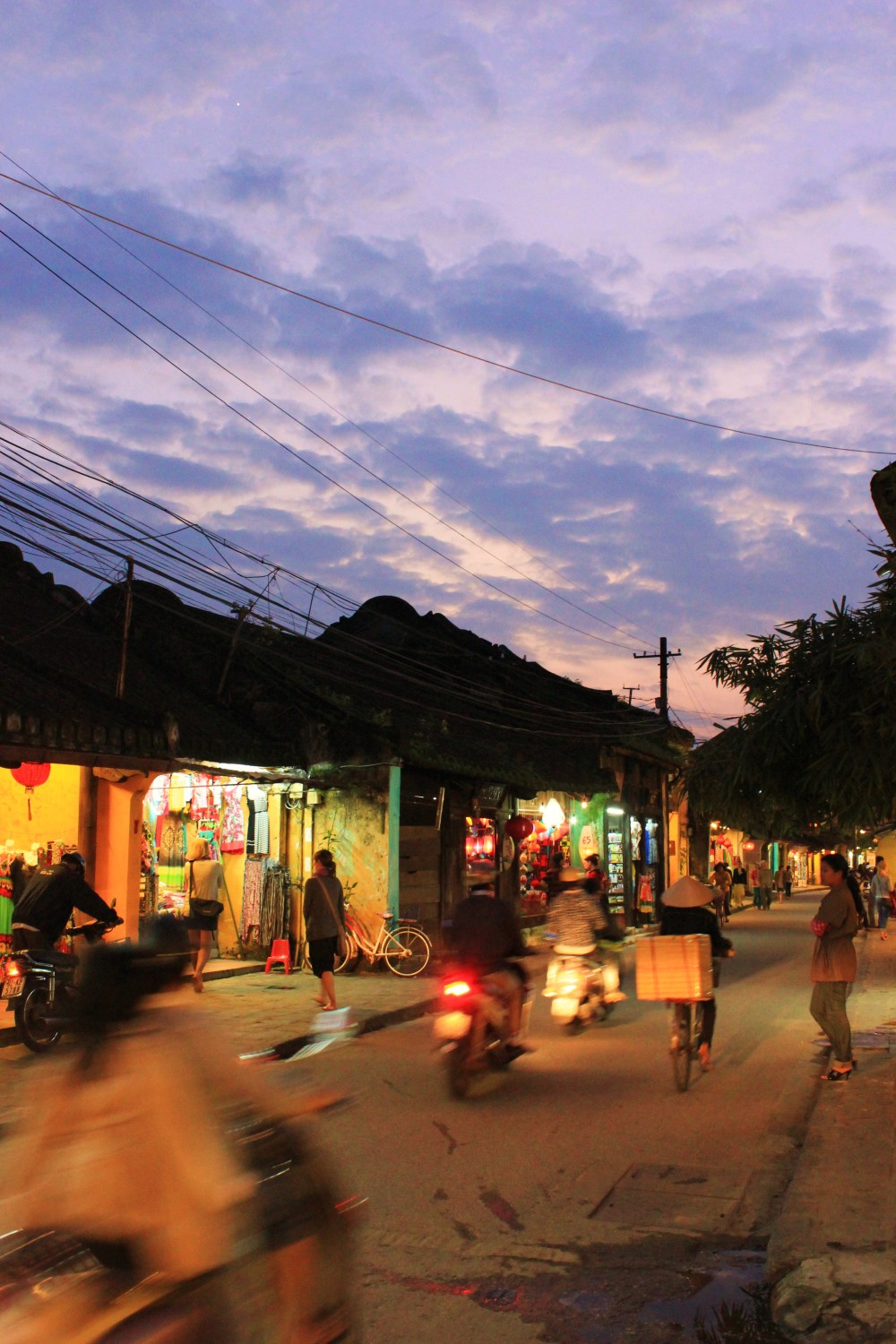
Expat Jobs in Vietnam
There are two main types of expats in Vietnam. The English teachers and the corporate expats.
English Teaching
If you are young and looking for work, your best option is English teaching. You will be required by most schools to be a native English speaker, have a degree and a 120/150 hour TEFL certificate which you can complete online. You can get teaching work without these things but you would be paid less and possibly work more hours. If you have a degree in teaching specifically, you could apply for a job at the international schools. A job at one of these schools could see you making anything from $2000-4000 a month!
Getting an English teaching job is straightforward. You will have to interview via webcam. It’s better to get the job before arriving in Vietnam as the company can organise your VISA. If you are already in the country, expect to make a VISA run whilst they process your documents.Most companies guide you through all the documentation process and give details of where to notarise documents.
UK CITIZENS: As of November 2017, you must have your documents notarized in the UK before arriving in Vietnam.
Everyone I knew in Vietnam worked for the English school Apax English. They are good company with schools in Hanoi, Ho Chi Minh and Da Nang. They offer 18 hours of teaching a week for $1400-2000 a month depending on qualifications and experience.
There are lots of English schools here. Apax, however, pays well and on time. This makes them more favourable. Their classes also demand very little preparation and the lessons are taught from a smart TV.
For more information on working for Apax English, email geoffsokol@apaxenglish.com and mention my name, Andrew Miles. He will help you out in no time.

Corporate
Most corporate expats living in Vietnam are moved here by their existing company back home. This is a huge advantage to those expats because hey are paid Western salary. The company usually sorts all their legal documents too.
If you are looking for corporate work without your existing company, the best place to look is Glassdoor. This expat website lists all the available expat jobs in the cities. You can apply to jobs via the website.
If selected you will most likely be hired following a string of webcam interviews. During the interviews it is imperative to ask the right questions about moving to Vietnam. You should ask about the following so you are clear about responsibilities before moving:
- Business Visa
- Flights
- Remuneration package
- Housing
- Family support (if applicable)
- Location of offices
- Contract details
Is Vietnam Safe?
If Vietnam safe? In short, yes.
During my entire two years living and travelling in Vietnam, I felt safe. My only experience of crime in Vietnam was seeing two women have their bags snatched by scooter drivers in Ho Chi Minh City. I never personally witnessed any crime in Hanoi for the entire two years I lived there and I rarely heard about any crime from other people living there either.
For the most part, the Vietnamese people are very friendly and crime against foreigners is very rare. The police don’t take much interest in foreigners either. However, if you are driving a motorbike without a helmet they may pull you over and fine you 500,000 VND ($22/£16).
That doesn’t mean crime doesn’t exist in Vietnam. Violent crime is very rare in Vietnam but petty crime does happen. Aside from this, a lot of the crime in the country is hidden from expats in the form of systematic corruption.
It’s important to exercise caution when walking the streets alone at night or taking taxis, just as you would any country. I highly recommend using the apps Uber or Grab for a taxi service.
Vietnamese Food and Groceries
Eating in Vietnam is always an experience! Some of my fondest memories are warm evenings spent sat on little plastic chairs on the street with friends enjoying a big bowl of pho and a few beers. Vietnamese street food is similar throughout the country with slight differences in the North, Central and South.
Street Food
Here are the main street food dishes in Vietnam. These usually cost around 30,000 VND ($1.30/£0.98) or less.
Bún chả – beef noodle soup. A huge favourite amongst the Vietnamese, also Barack Obama’s choice when visiting Hanoi in 2016.
Phở – the world famous chicken noodle soup.
Cơm – this is simply fried rice served with a choice of meat
Bánh bao – a big steamed dumpling usually stuffed with pork and vegetables
Bánh mì – Vietnam’s favourite street food. A french style baguette stuffed with pork or chicken with egg and cheese. Vegetarian and vegan ones can sometimes be found.
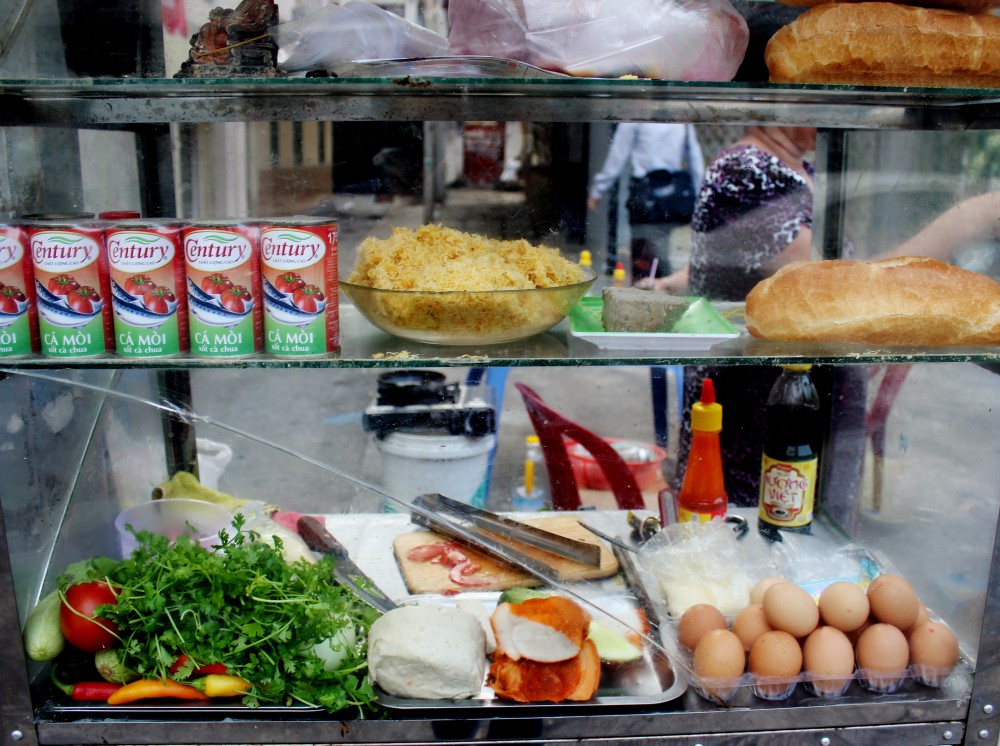
Vietnamese bahn mi cart
Most Vietnamese eat their meals on the street. It’s only in the last few years as tourism has increased that the restaurant scene has started to boom. If you live in the big cities such as Hanoi (North), Ho Chi Minh (South) or Da Nang (Central) then you will have no issue finding Western restaurants. There is also a plethora of fancy Vietnamese restaurants available. They are usually geared towards large groups or tourists. However, the best Vietnamese food you will find is served on the street.
The food in Vietnam is delicious! It will take some time to get your bearings, find the restaurants you like and who serves the best food. People tend to discover their favourite meal usually served by a Vietnamese lady on the road and stick with them. I had a different street vendor for vegetables, tofu, mangoes, peanuts, rice, sweet potatoes, dragon fruit and corn!
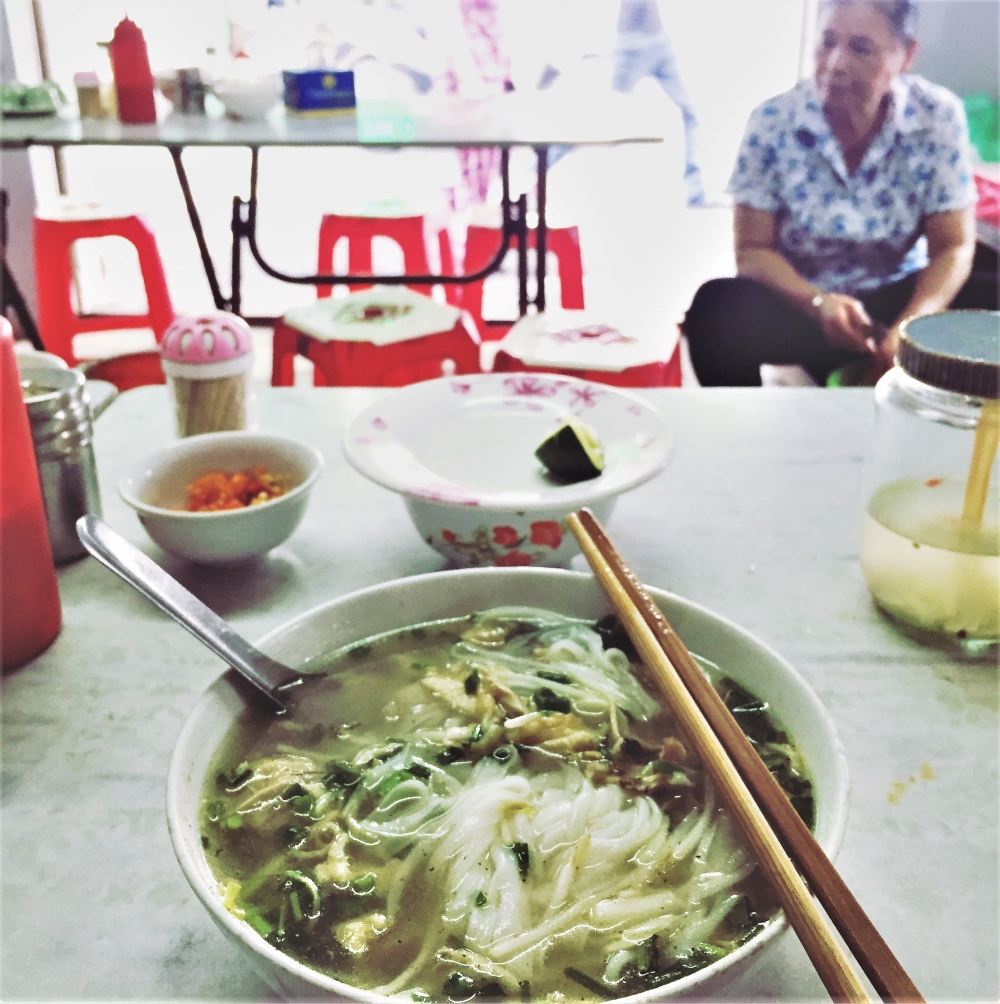
Groceries, Supermarkets and Markets
Groceries can be bought in two ways. You can visit your local food markets which are dotted everywhere around the cities or you can buy from the big supermarkets. I rarely bought my food in supermarkets as the street markets are far cheaper and way more fun!
Arriving at a Vietnamese market at 6am is an EXPERIENCE! The people, the noise, the smells, the sights and the variety. It’s pure madness! Don’t be shocked when shoved to the side as people try to get their hands on the best produce. At first, you may get ripped off in the market but once your face becomes familiar you will get the local prices.
Be open to trying new and strange fruits/vegetables. During our time in Vietnam, me and my partner discovered some interesting foods we had never tried before.
If you are really missing your home comfort foods then you will be sure to find Western stores in the big cities. Be warned, the prices are very high! I used to buy my favourite peanut butter for $8 a jar!
Weather in Vietnam
North (Hanoi)
In the North of the country you get more or less four seasons. Spring and Summer are sunny, hot and humid. Autumn and Winter have spells of beautiful sunny days at lower temperatures. Around December to January, you get a break from the heat with temperatures falling to around 10-12 degrees celsius. Personally, I enjoyed the break from the heat and humidity.
South (Ho Chi Minh)
Ho Chi Minh gets two seasons. Six months of dry, hot and humid weather (Nov-Apr) followed by six months wet, hot and humid weather (May-Oct). That’s not to say it rains solidly for six months of the year but it is far wetter than the weather in the North.
Central (Da Nang)
In central Vietnam you can expect to get sun all year round. Expect heavy rainfall between September and December but the temperature will rarely get cold. Be warned, central Vietnam has major monsoons and typhoons every year. They are not particularly dangerous for those living in the cities but can be disruptive.
Natural Disasters
There is an extremely low chance of tsunamis and earthquakes in Vietnam. The biggest issues are mudslides and flooding during the wet seasons but this predominantly affects the outer regions.
Health & Wellness in Vietnam
Medical Insurance
This is essential. Do not live in Vietnam without it. The medical cover given by English schools will cover you for a chest infection and some antibiotics but that’s where it ends. If you are working for a big company they should provide you with adequate medical insurance, check this with them before arriving.
Either way, make sure you are covered because Vietnamese hospitals are not the best. People speak very little English which makes things more difficult in an emergency. If you don’t have insurance and you get seriously ill or injured you will be paying A LOT of money to get fixed up. Vietnam is also not well equipped for surgery.
Cheap Health Services
Whilst the hospitals aren’t great, Vietnam does have many high quality health, wellness and beauty services available. They are also very cheap!
- Dental work
- Laser eye
- Plastic surgery
- Massages
- Pedicures and manicures
- Haircuts
- Holistic treatments
Getting Sick
If you get sick like a general cold or flu you can head to one of the many pharmacies for medicine. They are very insistent on giving you antibiotics for everything, so just make sure you translate what it is before you buy.
Supplements
If you need supplements of any kind your best bet is Lazada. This is basically the Amazon of Vietnam. If you can’t find it on here, you can ask on the Facebook groups and if you are lucky you may find someone selling what you need in the city.
Fitness
The gym scene in the big cities is growing. There is a mix of old rusty type gyms and brand new Western style gyms available. Membership costs are fairly low. Personal trainers are also very affordable if you are looking to get in shape during your time in Vietnam. Don’t sign a gym membership contract straight away. Leave your number and tell them you will think about it. You will be sure to get a call within a few hours with a lower price.
There are many fighting schools available for those interested in the learning Muay Thai or kickboxing. I paid 6,000,000 VND ($260/200) for 6 months of personal group (3 or 4 people) training. This included three training sessions a week.
Travelling in Vietnam
Living in Vietnam, you want to take full advantage of the incredible landscapes, nature and culture around the country. Once you get outside of the big cities that is…
The Big Cities — Hanoi, HCMC and Da Nang
To put it bluntly, the major cities are hectic! 7.8 million people live in Hanoi and 8.6 million in Ho Chi Minh. I’m not going to lie to you, it’s busy! Whilst at first this tremendously exciting, it soon wears off when you live there. Therefore, finding the right area to live in is very important. There are expat areas worth taking advantage of (more on that below).
Da Nang is a good option for a more relaxed living experience. It has a population of just 1.2 million people, it’s right on the beach, the weather is warm year-round and the overall vibe is more chilled. Jobs are harder to come by though. You will find a lot of digital nomads living here taking advantage of the low cost of living a beautiful local beaches.
Once you are out of the cities you are really in for a treat. The landscapes in Vietnam are unlike anything you have ever seen. Thousands of kilometers of pure green landscape, remote villages, jungles, mountains and lakes. There are so many amazing places to visit in Vietnam but many have become comprised by the intense tourism over the last few years. Sapa and Ha Long Bay being two of the victims.
However, the places below are a bit more off the beaten track and very beautiful:
North (Ha Noi)
Mai Châu
A beautiful village nestled in a valley at the foot of numerous luscious green mountains. Stay in a homestay with a Vietnamese family or a fancy wood cabin. There is beautiful scenery everywhere with kayaking, rock climbing and cooking activities all available. Just a 4 hours bus trip from Hanoi.
Pù Luông Nature Reserve
The most beautiful place I visited in my entire time in Vietnam. The motorbike drive from Mai Chau into this national park is phenomenal. 4 hours through the mountains with insane landscapes.
Ba Bể Lake
The last trip I did in Vietnam was with a good friend I met in Hanoi. We did the 230km drive from Hanoi all the way to the lake and stayed a few nights. The road is fairly new and is full of draw dropping sights the entire way there. An amazing bike experience.
Hà Giang
I actually never got to Ha Giang but I have it on good authority from at least 100 expats I knew that this place is a must visit. Take the night bus from Hanoi, rent a bike on arrival and spend a few days driving the famous loop around the mountains.

My partner Liezl on top of the world in Pu Luong
Central (Da Nang)
Hội An
A must visit for anyone either living in Da Nang or just passing through. This European style city is a rare and beautiful place. Hoi An is famous for its annual lantern festival and unique Vietnamese food. There are Vietnamese dishes here that can’t be found anywhere else in the country.
Hue
Another Vietnamese city famous for its unique food and vibe. Hue is brimming with restaurants and street food. It’s also the origin of the famous Bun Bo Hue (Beef Soup Noodles) dish. A great place for a long weekend trip.
Hải Vân Pass
Famous amongst the motorbike adventurers and for a very good reason. This 21km road pass through the mountains offers incredible views from the top on a clear day.
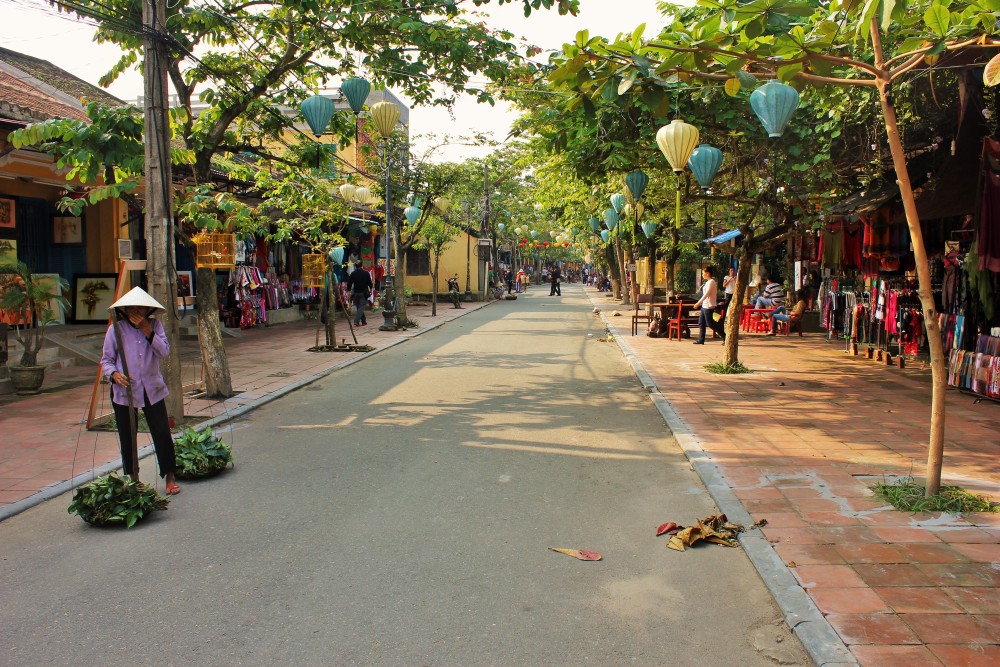
South (HCMC)
Mekong Delta
Not far from Ho Chi Minh is the famous Me Kong river. It’s a beautiful area where you can go out on boats and see the river in all its glory. There are many places to stay along the river.
Vũng Tàu
This is the most accessible beach near HCMC. Long stretches of white sand and blue ocean. Perfect for a small get away from the big city.
Phú Quoc
This beautiful small island off the south coast of Cambodia is owned by the Vietnamese and you can fly there within 45 minutes from HCMC airport for about $35. The island has amazing beaches, beautiful clean waters, wildlife and some awesome nightlife too.
Đà Lạt
A bit further a field north and you can visit the mountainous town of Da Lat. Famous for its coffee and wine, it’s definitely worth the trip. It’s slightly colder than most places in Vietnam so be sure to take some warm clothes. Da Lat is known as the ‘Paris of Vietnam’ due to many newlywed Vietnamese couples spending their honeymoon here.
If you’re planning to travel around Vietnam in one go, check out Charlie’s Vietnam backpacking route and two-week travel costs.
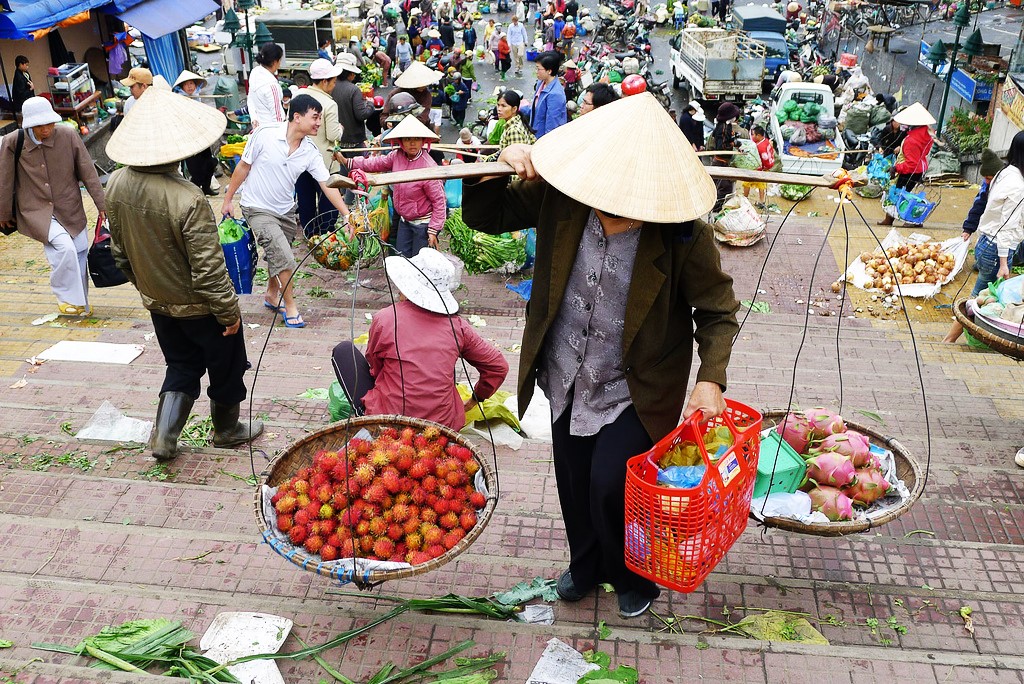
How to Move to Vietnam
VISA and Permit
Before making your move to Vietnam, I suggest you try to get a job before arriving. The company will likely then sort your business VISA out for you. They should be able to provide you some solid advice on getting your documents processed too. Applying for your temporary residency card is much easier with a company. A residency card costs around $200 but it qualifies you for the lower income tax of 12%/13%.
You must have a business VISA to work in Vietnam. Some companies pay this for you but some don’t. Failure to acquire a business VISA puts you at risk of being deported and blacklisted from the country. In the last year, the Vietnamese government has been putting more effort and focus on this issue.
That doesn’t mean you can’t arrive on a tourist VISA. You may be asked by your company to do a ‘VISA run’ to Thailand and back so that you can come back into the country on the correct business VISA though.
Employment Contract
Make sure your employer gives you a contract and ask for an English copy. Make sure you read it and check everything out. Be wary of any company willing to hire you without one or unwilling to give you one translated into English. These are red flags.
You can get jobs that will pay you cash in hand. I’m not sure on the legitimacy of this type of employment and I wouldn’t recommend it. There have been stories of teachers not being paid when in this type of pay agreement.
Payment for work should be paid into a Vietnamese bank account that the company will assist you in opening. The process to open an account is fairly easy. The company will usually tell you what bank you will open an account with. If not, I recommend going with BIDV. They were always very helpful throughout my time in Vietnam.
Medical Insurance
As mentioned earlier, make sure you get a good medical insurance cover before arriving in the country. The traffic is the biggest danger you will face and if something should happen you will need to pay for any treatment. Overnight care, operations and drug prescriptions are expensive. The level of care at your average Vietnamese hospital is not comparable to the West. Should anything happen you may want to visit the private American, Australian or British hospitals in the cities.
Housing
Renting an apartment in the big cities is very easy. There are Facebook groups with people advertising properties to rent. Expat areas are always more expensive but are probably worth it for the surrounding amenities. You want to live a true Vietnamese life in the bustling areas you will pay far less but your apartment may not be as nice and friends you meet might be far away.
Landlords are mostly good. Watch out for any that ask for 3-6 months rent up front. You should be able to rent any place in Vietnam with just a deposit and 1 month’s rent. Both landlords I had were very helpful in fixing issues in the apartments and assisting with bills. They may offer to sort all the bills out for you and you pay them. I actually recommend this. Organising WiFi, water, electricity and gas with Vietnamese companies can be extremely difficult. It’s not worth the time or energy.
Owning A Bike
Having a scooter or motorbike is a great option and adds a lot to your experience in Vietnam. It’s the best way to get around and see the cities and the country. There is nothing quite like the feeling of driving your bike around the beautiful Vietnamese countryside. I miss that experience so much.
All you need is a 110/125cc scooter which will set you back around $250/300. You will see expats on big modified motorbikes or even superbikes — they really aren’t necessary unless you just like big bikes. I advise you only drive a motorbike in Vietnam if you already have experience driving at home. If not, learn to drive a bike at home before you arrive. Learning to drive a motorbike is easy but learning road awareness takes time and that is the most important ability when driving in Vietnam.
To buy a bike, I suggest you join the expat Facebook groups and buy from an expat. You are more likely to buy a reliable bike this way. When you buy a bike, make sure you get a helmet and the bike’s ‘blue card’. This is the bike’s credentials and you will need it should you get pulled over by the police (rarely happens).
Bikes are cheap to fix. The most common problem is a flat tyre. A new one will cost you just $4! It doesn’t matter where you break down in Vietnam — the city or the middle of nowhere — someone will help you and be able to fix it in no time.
Fuel is also cheap. To fill up you will pay 60-80k ($3)
Wear a helmet! During the two years I spent in Hanoi, I knew people and heard about many other people who got involved in terrible accidents on their bikes. Always drive safely, always wear a helmet and be aware at all times. The traffic in Vietnam is not a joke. It is seriously dangerous at times and you must exercise caution. There are little to no rules on the road and the unwritten rules that do exist don’t always make logical sense. I also highly recommend wearing a carbon filter mask when driving as to avoid the road pollution and heavy metals.
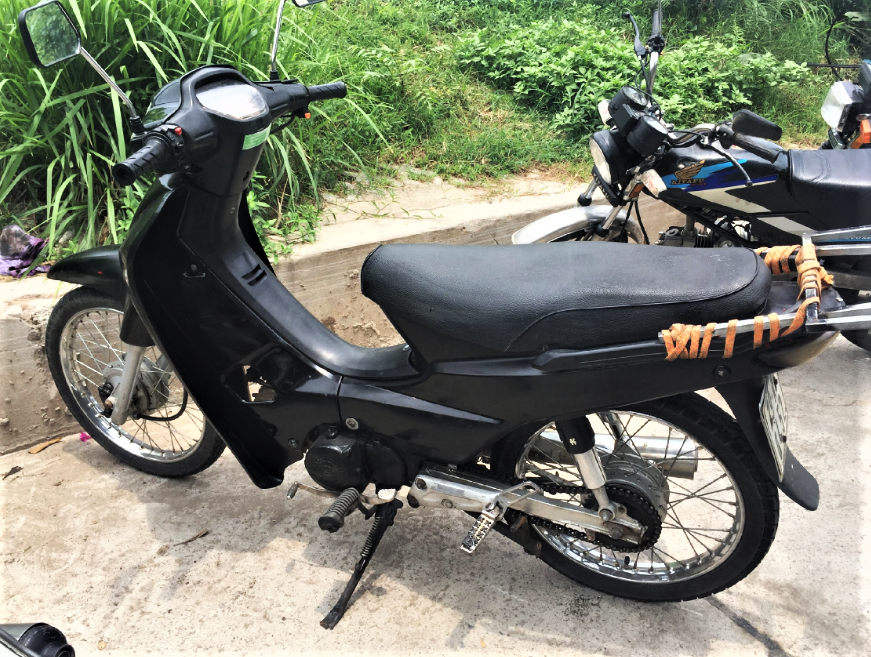
My beauty of a bike. A fake Honda Wave. Our relationship had so much love but so many issues also.
Other Useful Information
The Internet
The internet is very good in Vietnam. Everywhere you go in the country there is a solid internet connection. I never had an issue, even when I was in the deep rural countryside towns.
Vietnam has invested heavily into their internet capability to help build the economy. They have done a great job. It’s quick and cheap. When I left Vietnam at the end of 2018 I was paying $8 a month for 35mb p/s. You can get 50+mb for not much more.
If you are a digital nomad, this is great news and all the cities have fantastic coffee shops with free speedy WiFi. Buying data for your phone is also very cheap and the 4G is ultra fast. Coverage is excellent pretty much everywhere in the country.
Sending Money Home
Vietnam is not too keen on money leaving their country so they make it quite difficult to send money home but it is possible and there are a few ways to do it.
- Bank — I frequently sent money back to my UK account using my bank, BIDV. I would have to go to a branch with English speaking staff, wait around for some time, fill in a lot of paperwork, wait some more, then go to processing, wait some more and eventually they would send the money for me. I paid a flat fee of $35 each time no matter the amount I sent plus I paid fees with my bank back home — another $5. Once you do this the first time, keep your forms from the bank and in the future the transaction becomes much simpler.
- PayPal — This is a service offered by local Vietnamese people on Facebook groups. You meet them, give them cash and they transfer the money in your choice of currency from their PayPal account to your PayPal account. You sit with them and watch them do the transfer. I have to admit I never tried it because I was worried about the safety of it. I know many people that frequently used this service though to their satisfaction. PayPal fees are paid by you to the person and you pay much lower fees for the transfer than doing it in the bank.
Learn Vietnamese
Learning even the most basic words and phrases goes a long way with the people of Vietnam. They like people who give it a go and as a result you may get local prices on things like food at the market. The Vietnamese are also keen to learn English so language lesson exchanges are common.
Take Uber or Grab Taxis
Ripping tourists off for taxi journeys is common in the big cities. To ensure you are getting the right price I suggest you always go with Uber or Grab (Vietnamese Uber). They both give you the best prices and are the safest mode of transport. You can also order scooter taxis where they give you a helmet and you sit on the back. This is a really cheap option and a fun experience whizzing around town.
If you don’t have battery or data to use the above then try spot a Mai Linh taxi. They are bright green and are also very reliable for price.
The Water
The tap water is NOT safe to drink. Make sure you buy bottled water or the big cooler bottles. Most apartments will come with a water cooler. You may also want to invest in a shower head filter so you are cleaning in safer water.
Buy Organic
Try to buy organic food where possible. Vietnam has a few issues with food safety in regards to pesticides and other chemicals. There are organic shops in the big cities and it is a growing trend. Consumers are demanding better quality.
Avoid Plastic
The amount of single-use plastic is mind boggling! Like Charlie, I always recommend having some eco-friendly travel essentials, including reusable bags, a water bottle and a lunch box.
Crossing the Road
Crossing a road in Vietnam is an art. It will take you a while to get used to it but the basic principle is to just start walking a cross with your hand out. The bikes will move around you and no one seems to care if you disrupt the traffic flow.
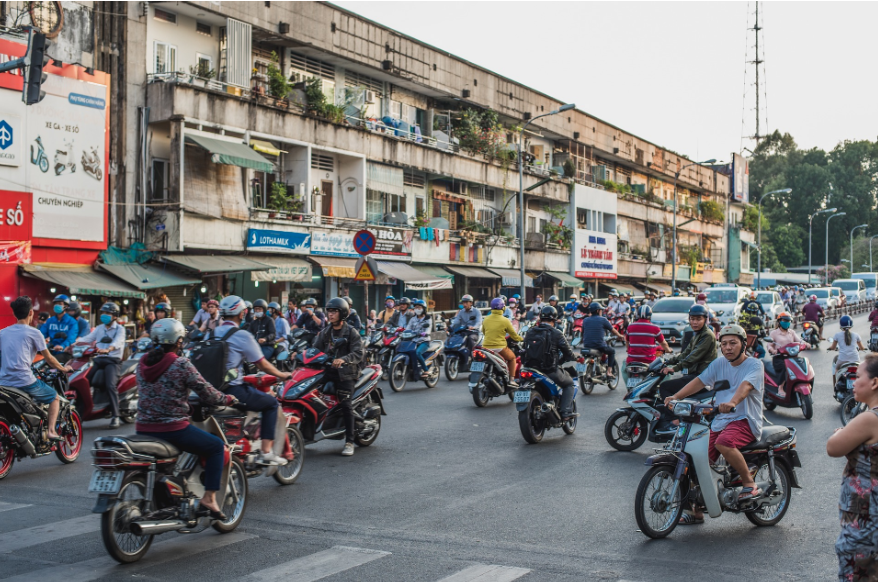
As you can tell from the woman on the right, even the locals struggle to cross sometimes.
Ponchos and Open Sandals
Vietnam’s weather is unpredictable. Often there are heavy showers that come out of nowhere and last from a couple of minutes to a few hours. If you happen to be on your bike when it happens and if you don’t have a poncho, they will soak you to the core! If you happen to be wearing trainers you’re in big trouble. Believe me, I have lots of experience of this. Turning up to teach a class drenched in a cold air conditioned room is rough.
Lazada
Lazada is the Amazon of Vietnam. You can find almost anything on there and they deliver straight to your door. You can also select to pay with cash at the door which is very useful.
Vietnammm
An amazing app for ordering food straight to your door. There is so much choice and great service. Only available in the big cities.
Haggling
You can haggle when shopping in the markets. Don’t get too crazy though. The Vietnamese enjoy a good haggle but they won’t appreciate being taken advantage of. You will learn the general cost of things as you go along so you can haggle more effectively.
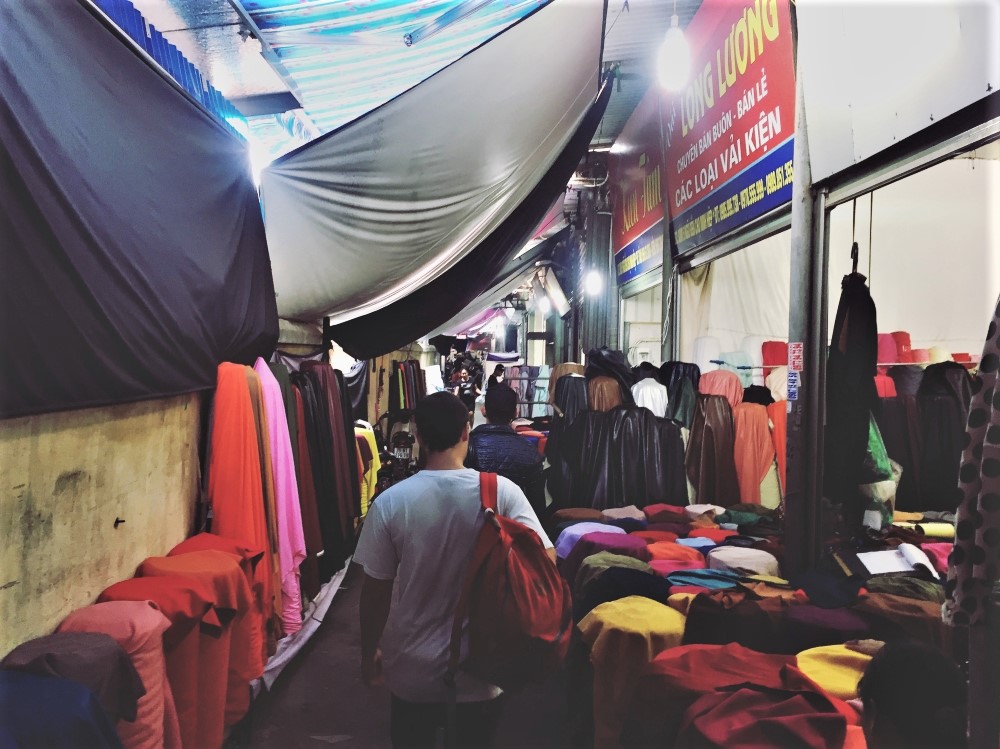
Visiting the fabric markets with a tailor is a great experience.
Butt Hose
Every toilet in Vietnam has a small hose to the left of it. This is clean your butt. You then use paper to dry yourself. It will change your life and have you wondering why we don’t do this back home!
WARNING: Test the pressure of the hose first! Some are like fire hoses.
The Cinema
My partner and I really enjoyed going to the cinema in Vietnam. You can go during the less busy hours and often have the cinema all to yourself. If you go on the opening weekend on a Friday or Saturday night, it’s less enjoyable. The Vietnamese have no issues in talking very loudly during the film and being on their phones.
CGV cinemas are the best are located in every major city. They do a Gold Class which is insanely good for the price of 300,000 VND ($13/£10). Expect huge comfy seats with only 20 or so other people in the room.
Ordering from Europe and USA
If you need to order something from Amazon or any other online stores from back home be warned! The Vietnam customs are very difficult to deal with and they may hold your items until you go personally collect it. They will want proof of what it is and you will have to pay high taxes and ‘fees’. If you are desperate, you can find Vietnamese people on Facebook groups who will order for you and avoid these implications for a small fee.
Tailoring
Take full advantage of the tailoring in Vietnam. It is high quality and far cheaper than back home. You show them photos of the clothes you want from a website and they will put it together in no time for a fraction of the price. You can have anything and everything made. Some tailors may even take you out to the fabric markets so you can help choose the materials.

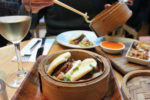
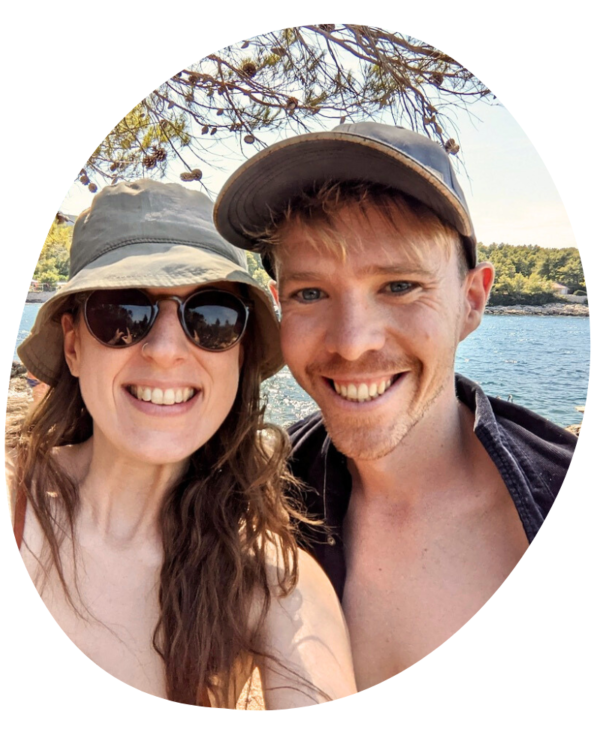

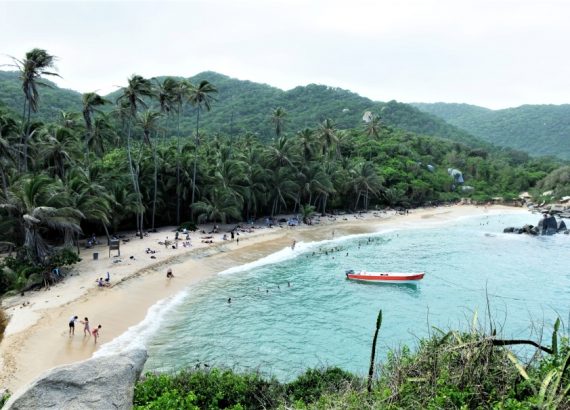
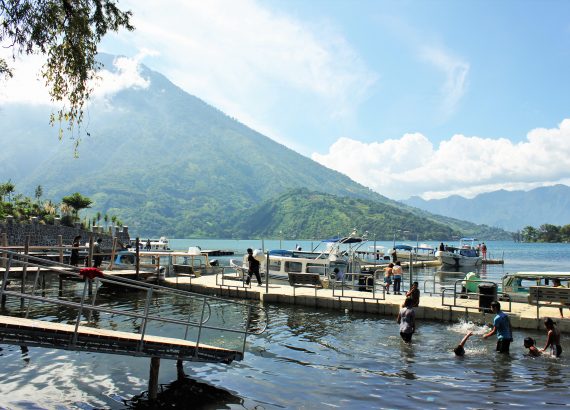
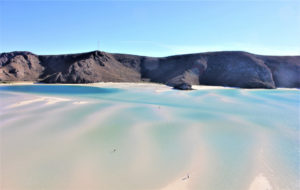
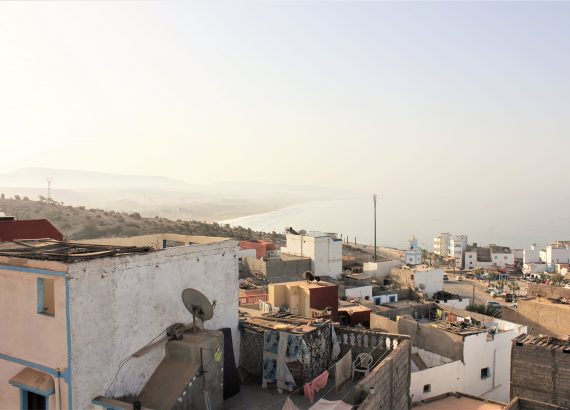
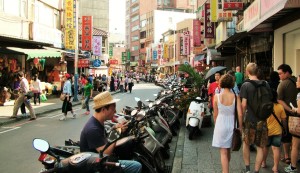
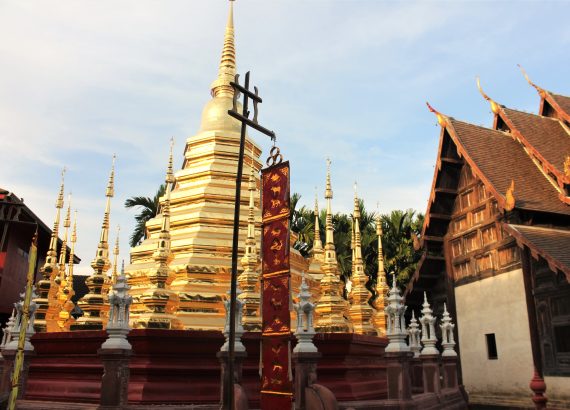
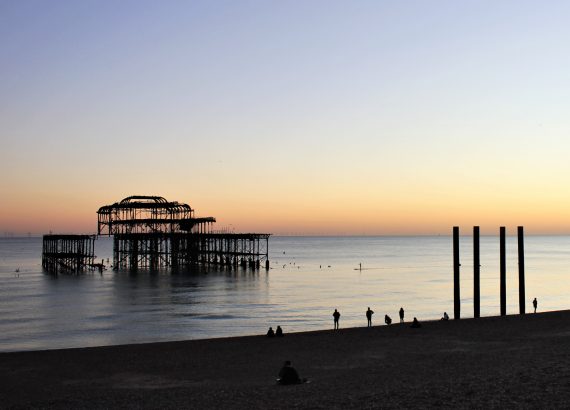
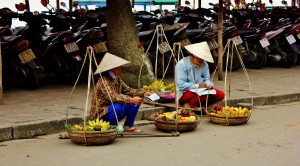


Nigel Ingram
The most informative Vietnam guide for expats that I have encountered. Absolutely inspiring. Thank you very much.
Charlie Marchant
Thanks Nigel, glad it was useful!
Adam
You could say that you’ve seen 25 percent of what you’ll encounter in Vietnam after ready what this guy has written. An enormius amount of guidance which most of the expats will never encounter atleast unless going there in person. Hats up to you sir.
Valerie Johnson
My partner and i are retired thinking of going to Vietnam for a few months thanks for all the info
David
Great article. It is very helpful. I will be going to live part time in HCMC, as soon as they open up there visa office. I am marrying my fiancé and planning to live there for 6-7 months out of the year. I have traveled the world for 40 years and I have live in China for a few years. Thanks again for the info.
michael sullivan
Can you really live on 1500 a month, no bells and whistles. Thank you great info!
Greg G
A friend took me on a motorbike tour of HCMC Chinatown. On the return trip, a rain shower popped up. It was like choreography. All the bikes pulled over to the right, put the kickstand down, swung their leg over, opened the seat, pulled out a poncho, put it on, put the seat down, got back on the bike and rode away. The synchronicity was amazing!
qu bit
Ironic so many westerners demonize China for being ‘Communist’ which is in name only, yet have no problems moving to Vietnam which actually is Communist.
Charbel Bousraih
Charlie i have never seen such detailed experiences, my wife and I have a huge chance ending up in one of Ho Chi Min’s American Schools this summer as we are both educators from Boston, Massachusetts. Loved your write up Charlie and you cracked me up at times, specially the Butt Hose thing, I lived in Cairo, Egypt and that was what made life worth living, LOL. Oh and you’re right about the warning, checking the water pressure as it might really split someones butt in half LOL
Keep up the great work!!
Charbel
Peter Taylor
One of the things you should add to the list of “cons” about LIVING in Vietnam is the attitude of the banks and other institutions that primarily serve locals I have a solid income and a permanent resident card (yes, there is such a thing – not many know about it), but in the banks I am still a “foreigner” and I cannot access the same services that a local can. There is a certain attitude toward “foreigners” that runs under the surface everywhere in Vietnam — it’s an interesting part of the culture but it is a factor for you only if you are in Vietnam for the long term. I have 20 years on and off in Vietnam and I intend to stay.
joanna
Peter what do you mean by “There is a certain attitude toward “foreigners” that runs under the surface everywhere in Vietnam”. I presume its a negative attitude. Can you explain?
cheers
Jo